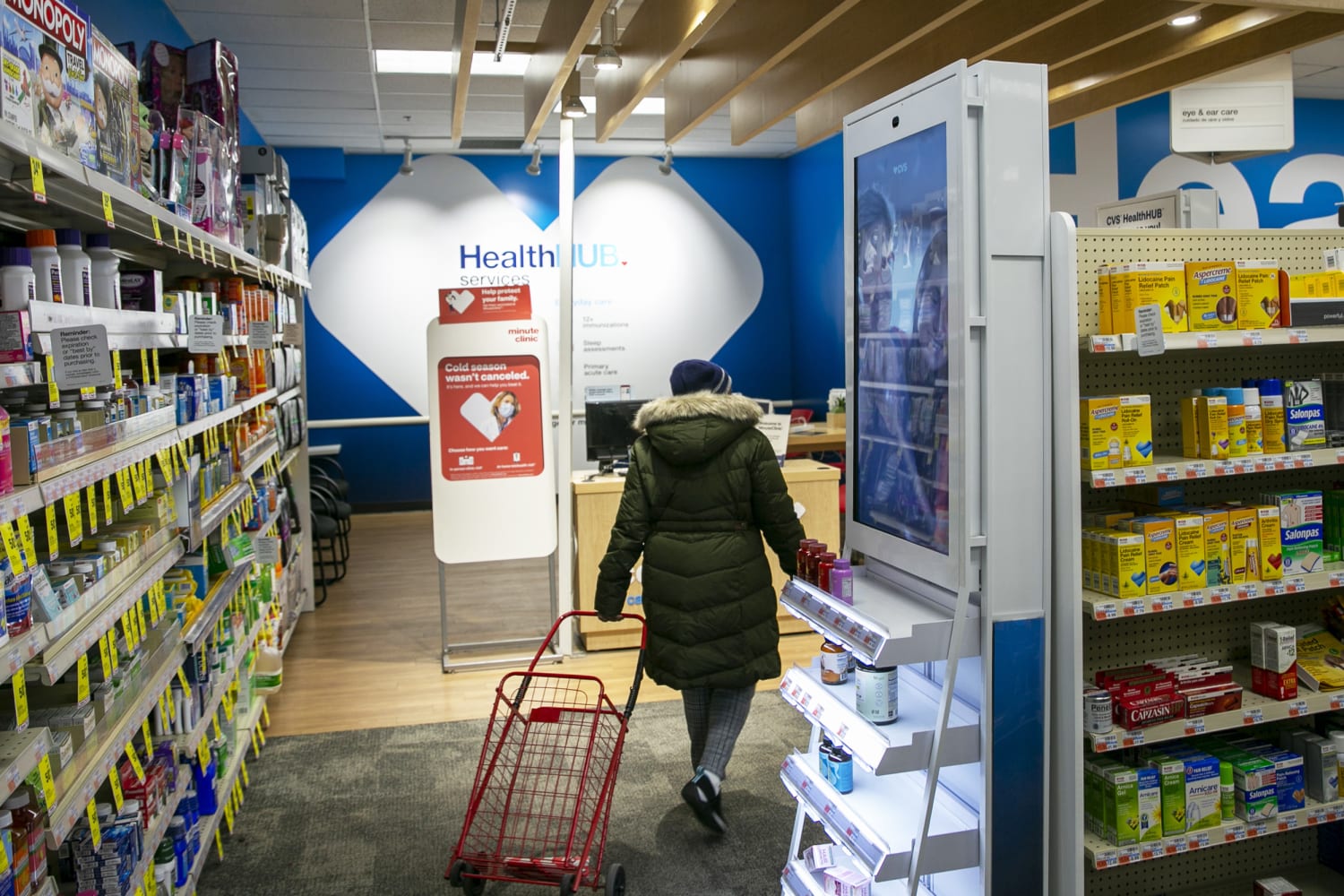[ad_1]

Women are more likely than men to skip, delay or take less medication than was prescribed because of cost, the Centers for Disease Control and Prevention reported Friday.
The finding came from the CDC’s National Health Interview Survey, an annual survey in which tens of thousands of people in the U.S. are asked questions about their health-related experiences.
It found that in 2021, 9.2 million adults ages 18 to 64 — about 1 in 10 — reported skipping, delaying or using less medication than prescribed over the past year to save money. Women led men when it came to this nonadherence: 9.1% versus 7%.
“I was not surprised by the findings, but they are disheartening,” said Robin Feldman, a pharmaceutical and intellectual property law expert at the University of California College of the Law, San Francisco (formerly the University of California, Hastings). “Women today still shoulder more of the burden of child care and household management. They may make their own health a lower priority, in the face of financial or time pressures,” said Feldman, who was not involved in the survey.
Stacie Dusetzina, a health policy professor at Vanderbilt University in Nashville, Tennessee, said the gender gap could also be due to the fact that women under 65 typically take more medications or are more likely to be on medication than men.
However, Dusetzina noted another potential factor: “We know that women tend to have lower incomes than men.”
Not taking medications as prescribed can “make health conditions worse, result in more serious illness and lead to additional expensive treatment,” said Eric Tichy, a pharmacist and division chair of pharmacy supply solutions at the Mayo Clinic. “It really is a vicious cycle.”
More than half of adults ages 18 to 64 in the U.S. take at least one prescription drug, according to the CDC.
The CDC survey also found adults with disabilities were more likely than adults without disabilities to skip, delay or take less medication to reduce cost. People in fair or poor health were almost threefold more likely to do so than those in excellent or very good health.
In addition, adults without insurance were more likely than those with insurance to not take their medications because of cost, as were Black and nonwhite Hispanic adults, compared with white and Asian adults.
Robin Cohen, a CDC statistician and co-author of the study, noted that the report does not look at what prescriptions people are taking or for what conditions. It also only looked at people who did not adhere to the medications because of the cost.
“So there may be other reasons that people do not take medication as prescribed, but we do not evaluate them,” she said.
The Inflation Reduction Act, signed into law last year, aims to reduce the cost of prescription drugs for people in the U.S., but most of the savings will likely go toward adults over the age of 65, said Inma Hernandez, an associate professor at the University of California, San Diego’s Skaggs School of Pharmacy and Pharmaceutical Sciences.
Hernandez said it’s possible that a provision in the law that penalizes drugmakers that raise the prices of the medications faster than inflation could help adults under 65. That provision takes effect in 2024.
“It is possible there are some spillover effects,” she said.
In the meantime, more may need to be done, Feldman said. Last year, billionaire investor Mark Cuban launched the Mark Cuban Cost Plus Drug Co., which offers some generic drugs at discounted prices. California has also announced plans to make its own low-cost insulin. It will partner with Civica Rx, a nonprofit generic drug company.
“There is much work to be done to bring sanity to drug pricing,” Feldman said.
[ad_2]
Source link
